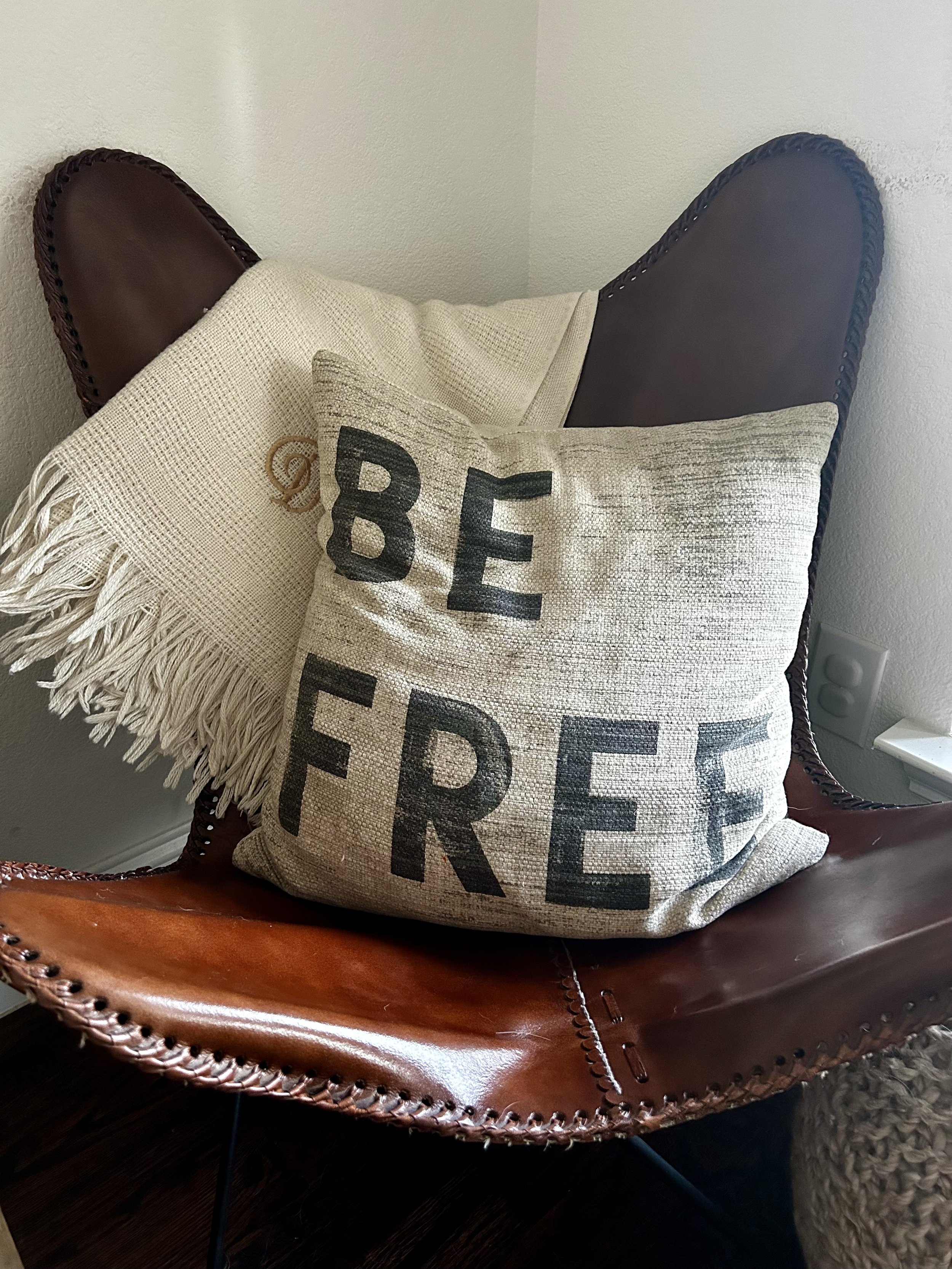I Like My Stories Like a Multi-Layered Dessert
When you love stories, certain moments stick with you.
Like the first time you devoured a novel in a day, oblivious to all but the words on the page and the images they conjured.
Or the words that would flood your brain with a new story idea—words you ran to your notebook to dump out as fast as you could.
Or the chapters of your friend’s story she handed you covertly in an envelope, and which you gobbled up during the sermon.
Or the shock of realizing, as a mom of two young kids, that you’d accidentally stayed up till 4:00 a.m. reading a novel—or until 2:00 a.m. laboring over a novel you’re trying to write.
A Layers-Deep Love
There’s nothing quite like that rush that comes when you get sucked into a new series, or are suddenly struck with a fresh idea of your own.
But I’ve come to think of these thrills as merely the first layer of an amazing dessert. The thrill is like the whipped topping, which does make the dessert extra delightful. But when you only eat the topping, you miss the substance beneath—which is often much more delicious and almost always more interesting.
That’s why I crave (and hope to write) stories that are not just enjoyable but thoughtful and thought-provoking. The stories I read don’t have to align with my own perspective just like a new dish doesn’t have to be something I know for sure I’ll like. Better, in fact, if my palate expands or is even challenged.
Critical Thinking and Freedom
One way I like to go deeper on a wide range of stories is trying to discern the author’s worldview. Even if they’re not trying to preach any certain value system, their beliefs—our beliefs as writers—can’t help but come through.
This is one reason reading well from a young age is so powerful (she was the ten billionth person to say). You can grow your critical thinking skills by learning to appreciate a work of words for what it is, and by trying to accurately understand the worldview behind it.
This brings so much freedom. We don’t have to only read authors who share our worldview, or stories that we agree with, or stories we know will bolster what we already think.
We can interact with a wide array of stories. We can enjoy them. We can identify which questions a story is inviting us to ask, and think deeply about the answer. (Sometimes this takes years.) I believe when we do this, we emerge with a richer understanding of the world, of humanity, of people different from us…and ultimately, a sharper understanding of our own worldview.
Deeper Moments
When we approach stories this way—looking for the substance and not just the fluff—other kinds of moments stick with us for even longer.
Like the time in college I wept over The Death of Ivan Ilyich, and reevaluated whether I was rightly prioritizing things in my life.
Or the tears I shed as a child at the end of The Silver Chair, overwhelmed at the bittersweet mingling of death and renewed life.
Or the time my college professor’s praise of my short story meant the world…because the silly little girl whose quirks, insecurities, and questions were poured out on the pages of that story was actually me.
Or the time The Iliad prompted my 9th grade students into a serious debate about how much an apology was truly worth, and whether forgiveness could be bought.
Or the time The Little House on the Prairie prompted a barrage of angry questions from my five-year-old about the government, what its purpose was, and why it was able to shove people around.
Or the way Sarah J. Maas’s books articulate modern women’s desire to be seen, valued, adored, and understood for all our multiple, varied, complicated facets…and how they also at times promote the extreme of that desire—the denial of our need to be held accountable at all.
(I’ll stop there, since I’m fairly certain I’ve tossed a grenade that might strike both the classic lit crowd for including Maas on this list and the Maas girlies for calling out certain FMCs.)
You can eat whipped topping by itself all day long. It’s fun and yummy and makes your mouth tingle. But I’ll be eating the rest of the dessert, too—with a generous helping of whipped topping on the spoon, of course.
Books About Books
These books by the legendary Karen Swallow Prior helped form my own understanding of literature and what it means to interact meaningfully with a story:
This training curriculum equipped me to teach a wide array of books to middle and high school students, and also helped me understand literature better. I recommend it for any parent who wants to go deeper during reading time with their kids:



